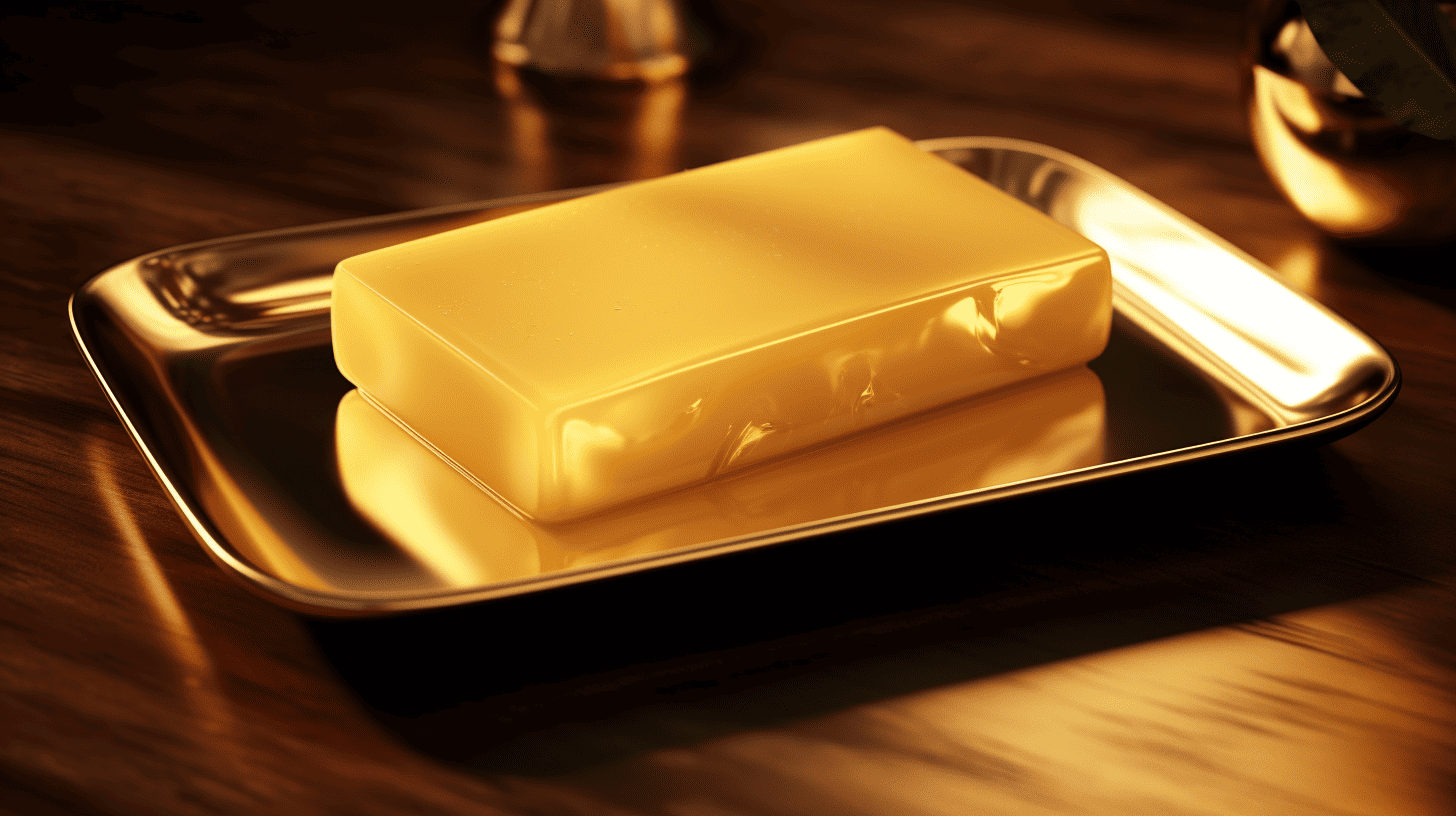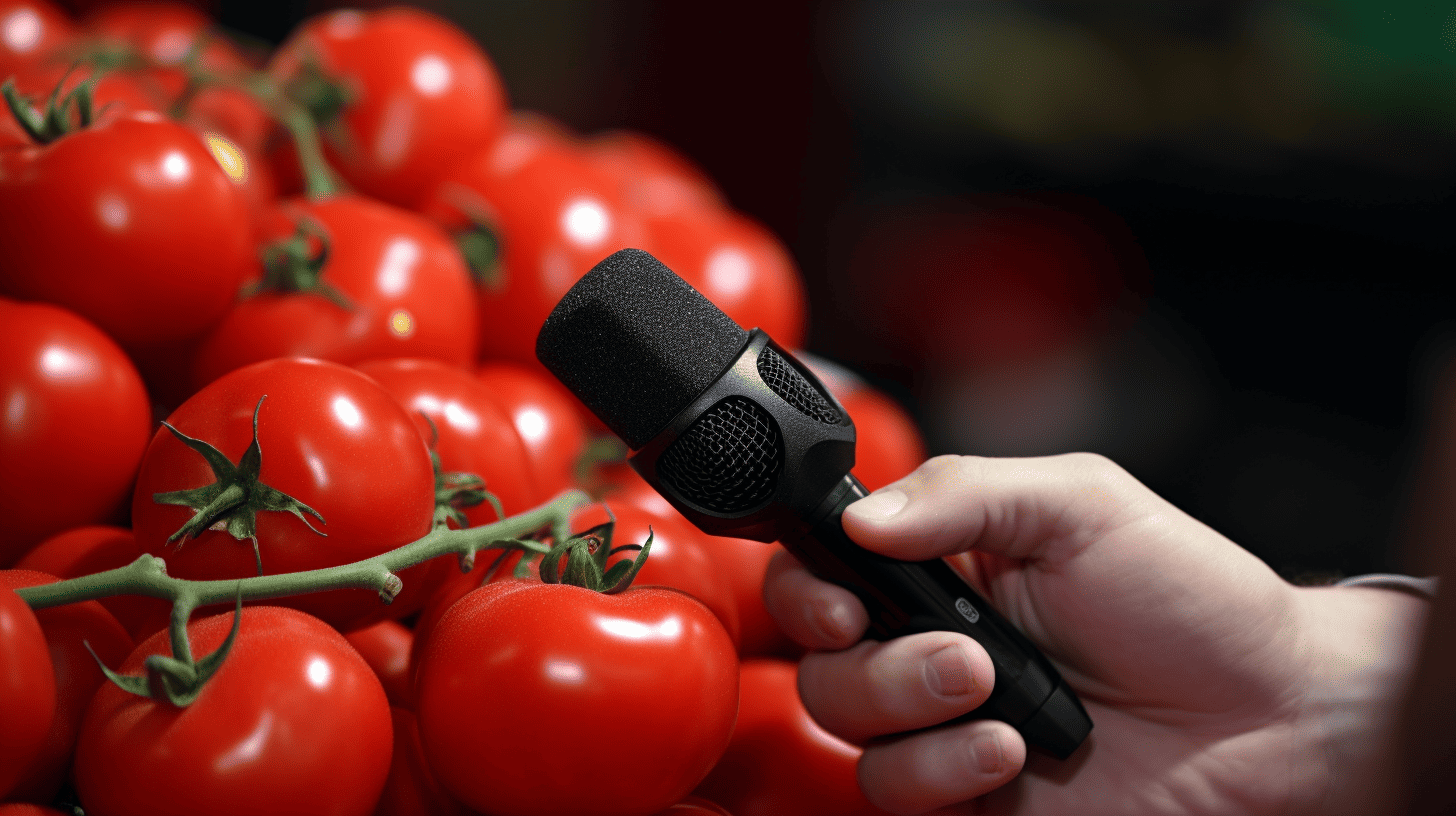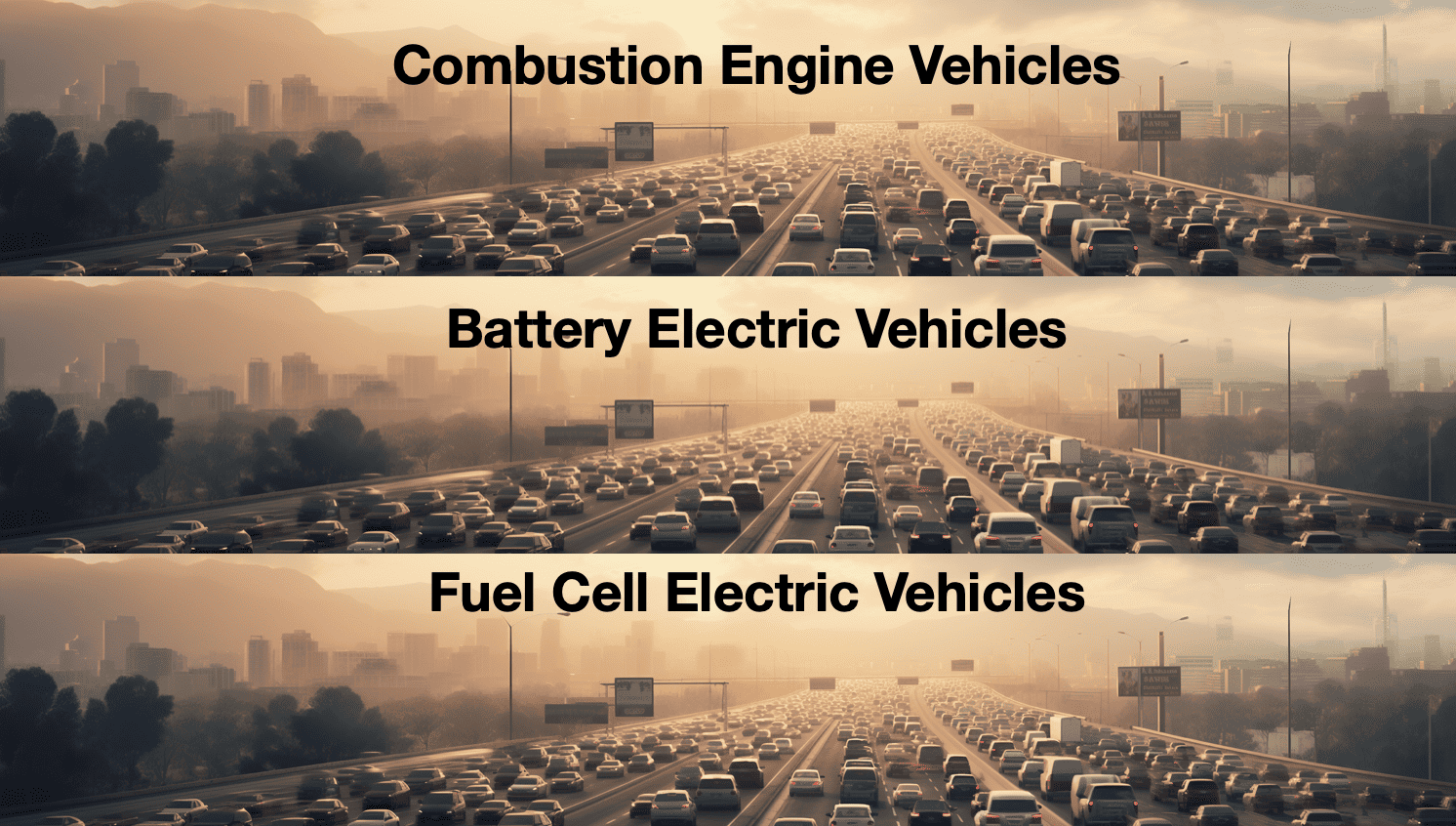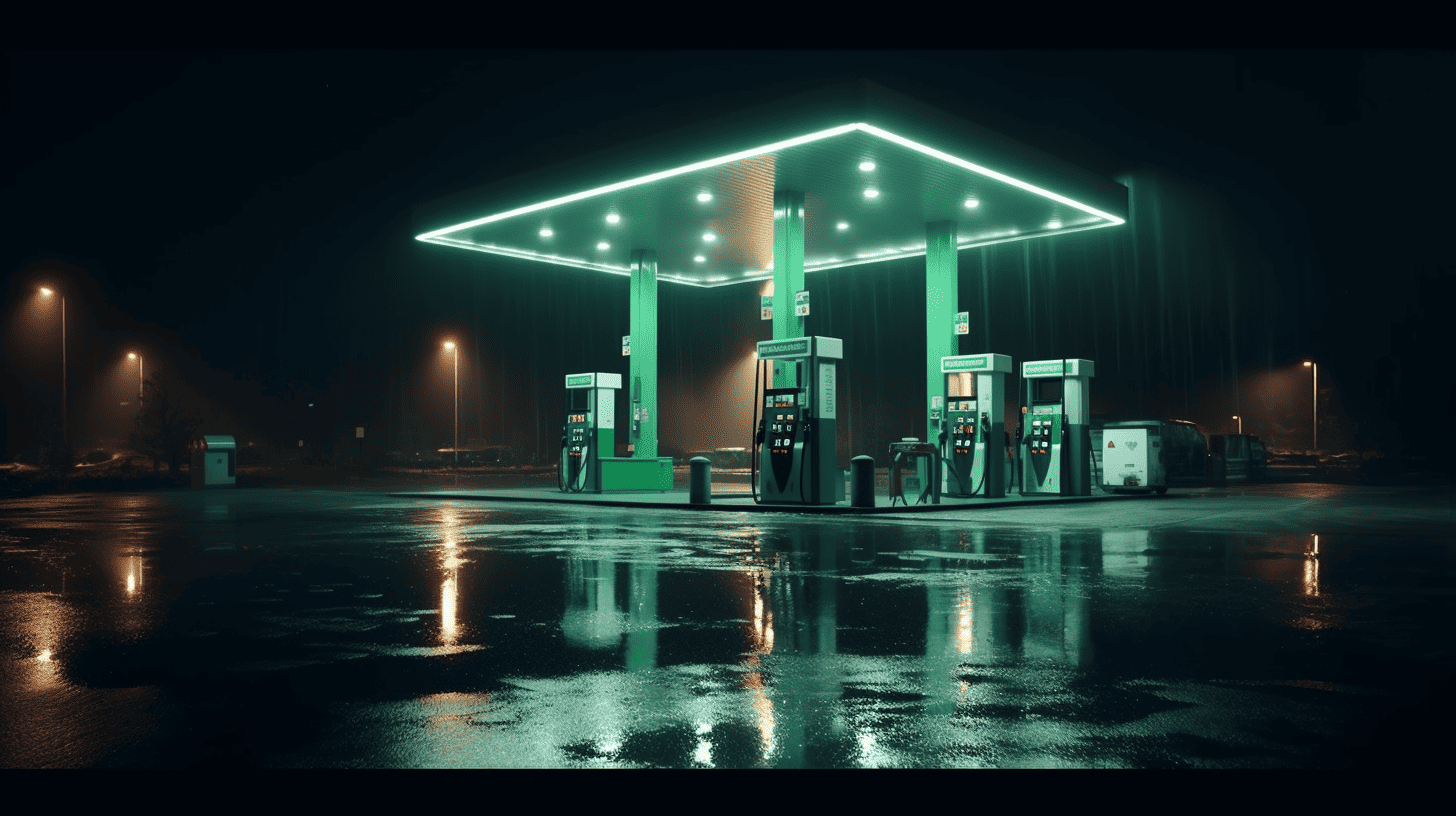
For the past few months, I keep coming across them in my ‘LinkedIn bubble’ – the videos from the Federatie Vruchtgroenteorganisaties (the Dutch Federation of Fruit Vegetable Organizations, FVO) entitled ‘Get out of the greenhouse‘. In six episodes, eco-modernist biologist Hidde Boersma talks about some aspects of greenhouse agriculture. Because of my work at the cutting edge of horticulture and technology such as robotics, AI and data, my favorite is the episode ‘Get out of the greenhouse – Technology that is amazing‘. This one is about innovation in greenhouse horticulture in the fields of automation, artificial intelligence and robotics.
Selling knowledge and technology
In this and the other videos in the series, the basic premise is that greenhouse agriculture is making a very important contribution to feeding the world’s rapidly increasing population. This message dovetails into that of ‘Feeding and Greening the Mega-cities‘.
In a nutshell, it comes down to the fact that we, the Netherlands, should no longer send the food we produce all over the world, but instead see to it that we market our know-how and technology. That way, with our high-tech growing methods, food can then be produced worldwide and close to where it is needed. Sounds like a great idea I would say.
As in, increasingly more healthy and safe food produced on a small area by making use of our know-howin the areas of cultivation, (organic) crop protection, high-tech greenhouses and scientific knowledge from the leading universities.
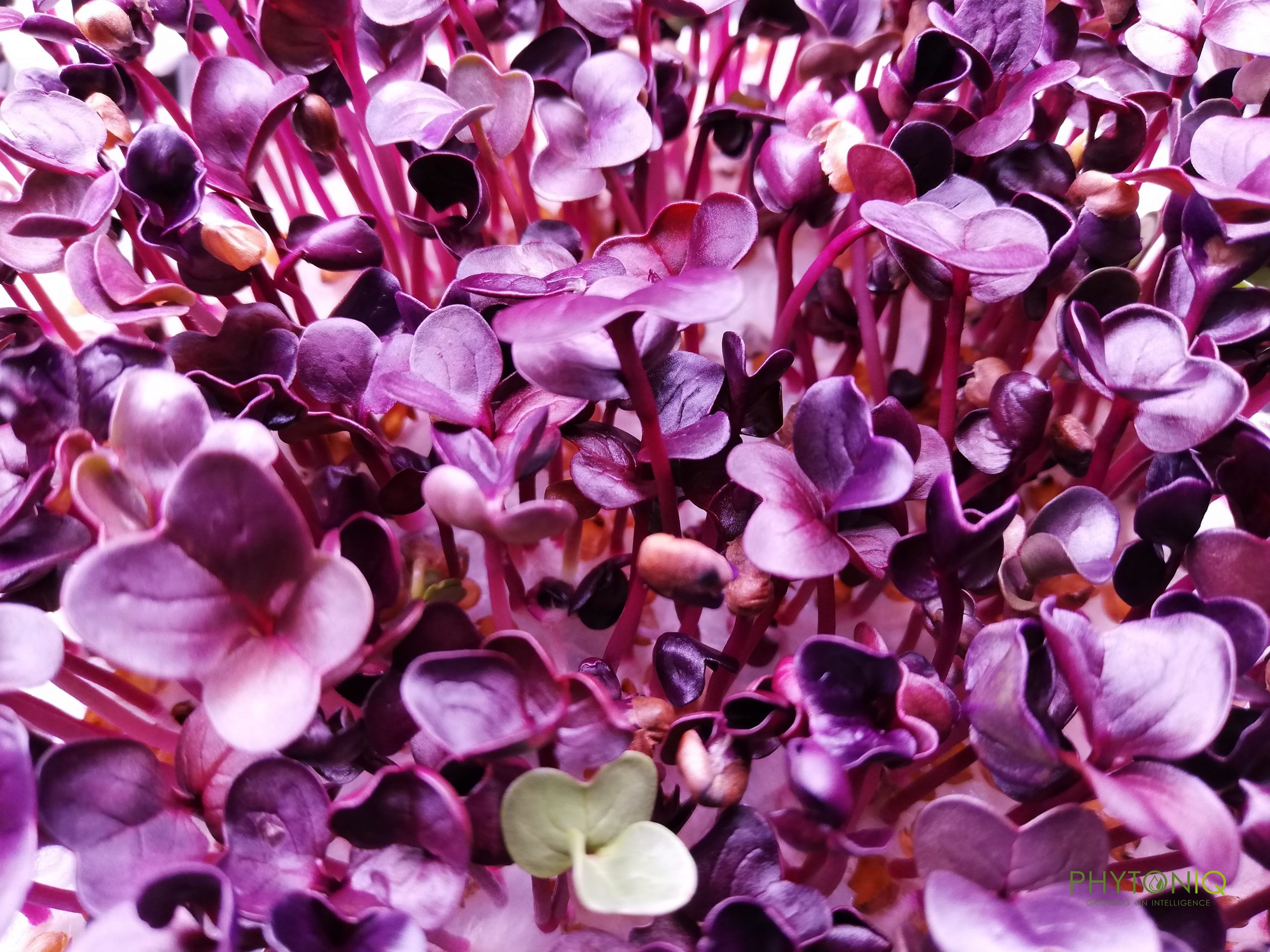
The right way
However, the question that is being asked more and more is whether all this high-tech is now the right way to go. Should we use cultivation methods to develop more and more varieties that are less sensitive to diseases and which have higher yields? Isn’t it better to produce much more with – and in – nature? No need for assimilation lighting and artificial fertilizer to grow strawberries in the winter in the Netherlands. Instead, just seasonal vegetables, and even grow less of those per square meter.
In addition to the view that production in high-tech greenhouses is the solution for the food system of the future, there is also the conviction that we should actually grow much less in a technological way and more in harmony with nature. Mix food production together with agricultural extensification, nature and organic cultivation.
Wizards and prophets
In the book ‘The Wizard and the Prophet’, the term “wizards” refers to those who point to the ingenuity of humankind. Whereas technologists see solutions in automation, robots and cultivation, these “prophets” point to the earth’s natural limitations, the finite nature of resources and the need to work with nature.
The real question is who is right? Is it the wizards or the prophets?
In my high-tech greenhouse horticulture bubble, I would say organic cultivation is all very well and good but when it comes to accomplishing it across the board, we are never going to have enough land and it will be far too expensive. And what if we no longer grow strawberries in the winter, won’t they just come from overseas anyway because there will always be a demand for them? Also, what about crop protection and use of the energy used for that?
Future food system
It becomes interesting when you bring both “adversaries” together. A joint discussion often leads to the realization that there is quite a lot to be gained from making compromises but also that there is scope for both views. Engaging in that joint discussion is wonderfully depicted in the documentary film ‘The Future of food,’ in which Hidde Boersma and political scientist Joris Lohman discuss the future food system.
To me, this serves as another good reminder to look beyond your own bubble, but above all, to learn more from those “adversaries” who have a different outlook. High time, then, for a conversation between wizards and prophets!


